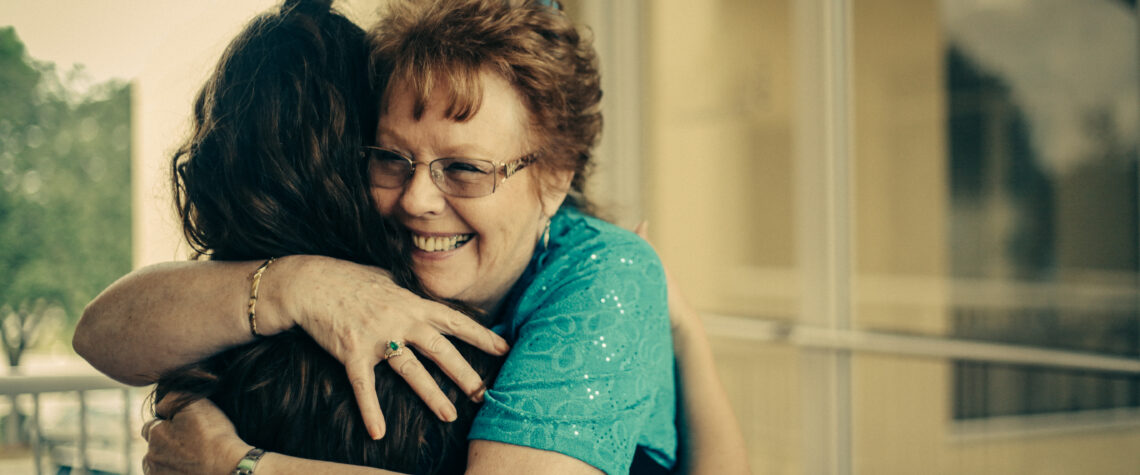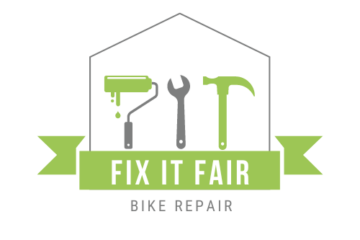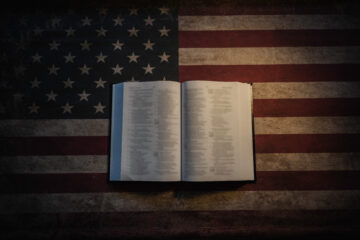It has been said that unforgiveness is much like a person drinking poison and hoping that the offender will die. This statement always seems harsh, but it makes an important observation. Unforgiveness is causing further harm to the person unable to extend forgiveness more so than the wrongdoer.
What does unforgiveness look like? In a practical sense, a person struggling with unforgiveness may experience bursts of anger, pettiness, compulsion, and possibly tends to blame others for their own shortcomings. They essentially become paralyzed as a victim and are unable to take responsibility for their own actions, “It is always the other person’s fault”.
Unforgiveness may show up in physically destructive ways as well. Studies have shown that unforgiveness and bitterness left unresolved, can be associated with high blood pressure, insomnia, and other stress related illnesses.
Proverbs 11:19b, reminds us that it is to our glory to overlook an offense. When thinking of your own heart and those that have caused it pain, do you keep a mental list of all the wrongs a person may have caused you? Do you find yourself “replaying” the list over and over in your mind? Withholding forgiveness may also contribute to a righteous and entitled mindset. It is a slippery slope down a dark path.
Ultimately, unforgiveness is a sin. Jesus set the standard for forgiveness. Matthew 6:14-15 reads “For if you forgive others for their transgressions, your heavenly Father will forgive you. But if you do not forgive men, then your Father will not forgive your transgressions”. The measure you extend to others in forgiveness will be the same measure God extends to you. It is interesting how the enemy has packaged unforgiveness as our “right” to hold on to an offense.
Forgiveness is a voluntary decision to let go of anger, resentment, self-righteousness, and pain towards those who have wronged you. It can involve changing your expressions, attitudes, and behavior so that you can extend compassion or generosity towards the person who hurt you. Forgiveness is different from reconciliation and doesn’t even really require the offender to apologize.
Forgiveness is more about you and less about the one who has caused you harm. Realizing that unforgiveness is a crafted scheme of the enemy of your soul and has been designed to cut you off and keep you from being the best you can be is the first step towards real freedom.
Forgiveness is not a feeling but rather a choice. Pain and hurt has paid a visit to us all, however it is not so much about the pain but what we “do” with the pain. Do we hold others captive in our unforgiveness? To forgive requires us to press into God because our carnal flesh cannot do it on our own. Forgiveness becomes a measuring stick of our relationship with God.
When we chose to forgive, grace is released. We break the stronghold that had previously disabled us. Light overcomes darkness, the enemy will lose his hold, lies and deceptions will lose their power, and true freedom will be found. The bondages are broken.
Trust God to deal with the offenders’ heart as needed and realize that it is no longer your place to be the “spiritual police”. Forgive those that have caused you harm and walk in God’s freedom today!
Rhonda L Smart, rhondalsmart@gmail.com














